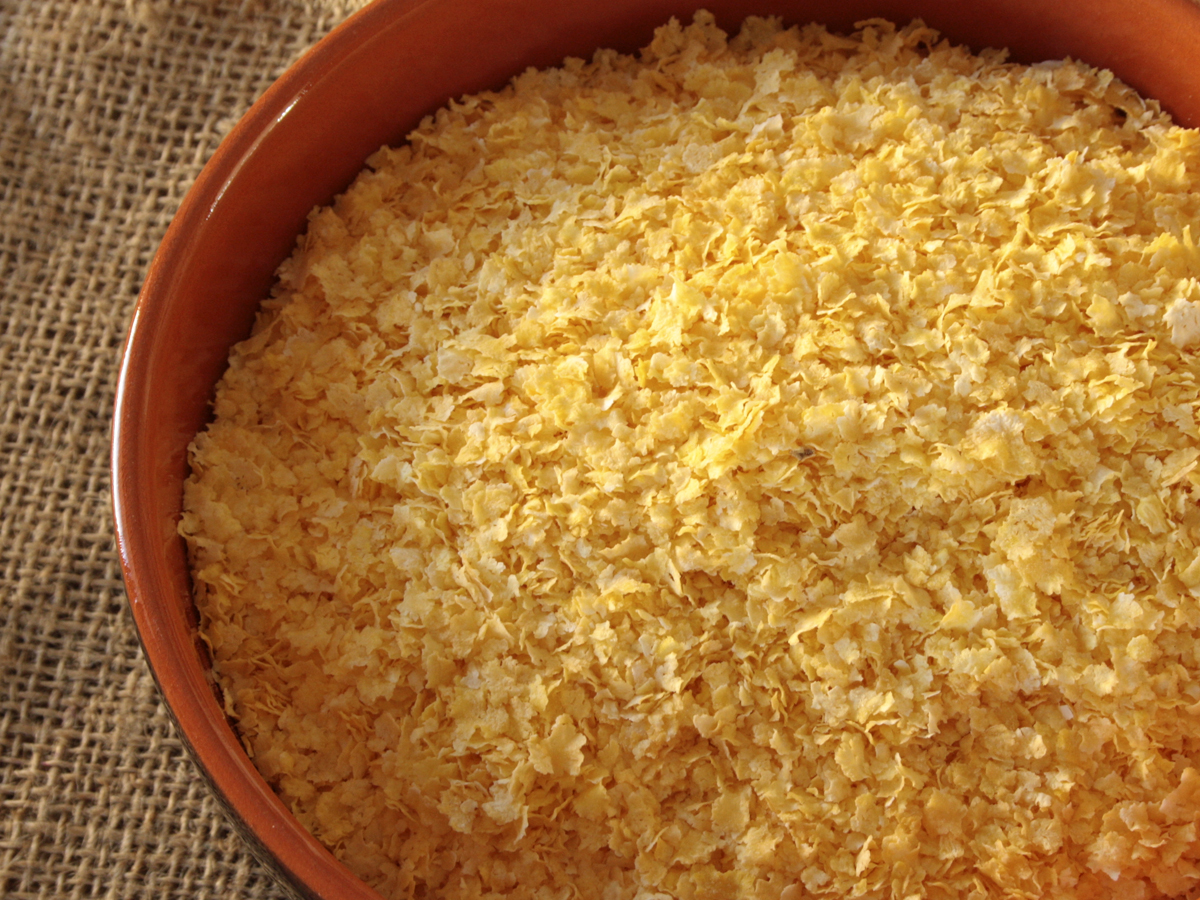

Here in Curitiba it’s this church:
It’s constantly maintained and renovated, but the building is 287 years old, built in 1737. (For reference the city itself is 331yo.)
It’s kind of funny that people here don’t typically remember the name of that church, Igreja da Ordem (Church of the Order; the “order” in question are the Franciscans). Instead they remember the name of the square that the church faces, named after the church - o Largo da Ordem (lit. “Order Plaza”, but more like “the plaza of the church of the Order”).





Front right, keys and lighter. Front left, cigs. Rear right, wallet. If I must carry my phone with me it’ll be probably in the front left pocket alongside the cigs.